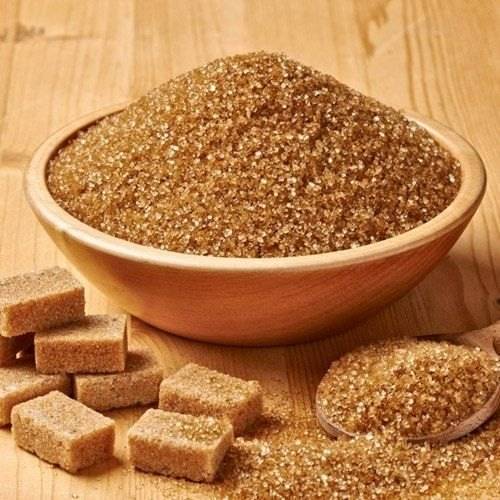Brown sugar often carries a reputation for being the "healthier" alternative to white sugar, largely due to its slightly higher mineral content and less processed nature. However, despite its more natural appearance, brown sugar is still a form of refined sugar and comes with its own set of health concerns, especially when consumed regularly and in large quantities.
1. Nutritional Content: A Double-Edged Sword
Brown sugar contains trace amounts of minerals like calcium, potassium, and iron due to the molasses it retains. While these nutrients might seem beneficial, they are present in such small quantities that they don't offer significant health benefits compared to other natural sources like fruits and vegetables. The higher calorie content and the fact that it's still a refined sugar mean the negatives far outweigh the positives.
Happiness brings good health | check Sydney Talker's latest act.
2. Blood Sugar Spikes and Energy Crashes
Like all forms of sugar, brown sugar has a high glycemic index, which means it can cause rapid spikes in blood glucose levels. This can lead to quick bursts of energy followed by equally rapid crashes, leaving you feeling tired and craving more sugar. Over time, these fluctuations can strain your body's insulin response, increasing the risk of developing insulin resistance, which is a precursor to type 2 diabetes.
3. Weight Gain and Obesity
Continuous intake of brown sugar contributes to an excess of empty calories, which can lead to weight gain. Unlike complex carbohydrates or fiber, brown sugar lacks the nutrients that help you feel full, making it easy to overconsume. Excessive sugar intake is strongly linked to obesity, a condition that increases the risk of various health problems, including heart disease, stroke, and certain types of cancer.
4. Impact on Oral Health
Sugar is a well-known culprit in the development of cavities and other dental issues. Brown sugar, like white sugar, can contribute to the growth of harmful bacteria in the mouth, leading to tooth decay. Continuous exposure to sugar, especially without proper dental hygiene, can severely damage your teeth over time.
5.Potential for Addiction
Sugar, including brown sugar, can be highly addictive. It triggers the release of dopamine, a neurotransmitter associated with pleasure and reward, which can lead to habitual consumption. Over time, your body may require increasing amounts of sugar to achieve the same level of satisfaction, creating a cycle of dependence that is hard to break.
Can't stop laughing |Sydney Talker
6. Long-Term Health Risks
The long-term effects of excessive brown sugar consumption are similar to those associated with white sugar. These include an increased risk of heart disease due to elevated blood triglycerides, non-alcoholic fatty liver disease from excessive fructose, and even cognitive decline linked to chronic inflammation and insulin resistance. Continuous intake of brown sugar can exacerbate these risks, especially when combined with other unhealthy lifestyle choices.
Conclusion
While brown sugar might seem like a better choice than its white counterpart, it carries many of the same risks. Moderation is key when it comes to sugar consumption, and it's important to remember that no form of refined sugar can be considered truly "healthy." Opting for whole foods with natural sugars, like fruits, or using alternatives like honey or maple syrup in moderation, might be a better strategy for maintaining overall health.
In summary, the occasional use of brown sugar is unlikely to cause harm, but regular and excessive consumption can lead to significant health issues. Awareness and mindful eating can help mitigate these risks and contribute to a healthier lifestyle.



No comments yet
Be the first to share your thoughts!